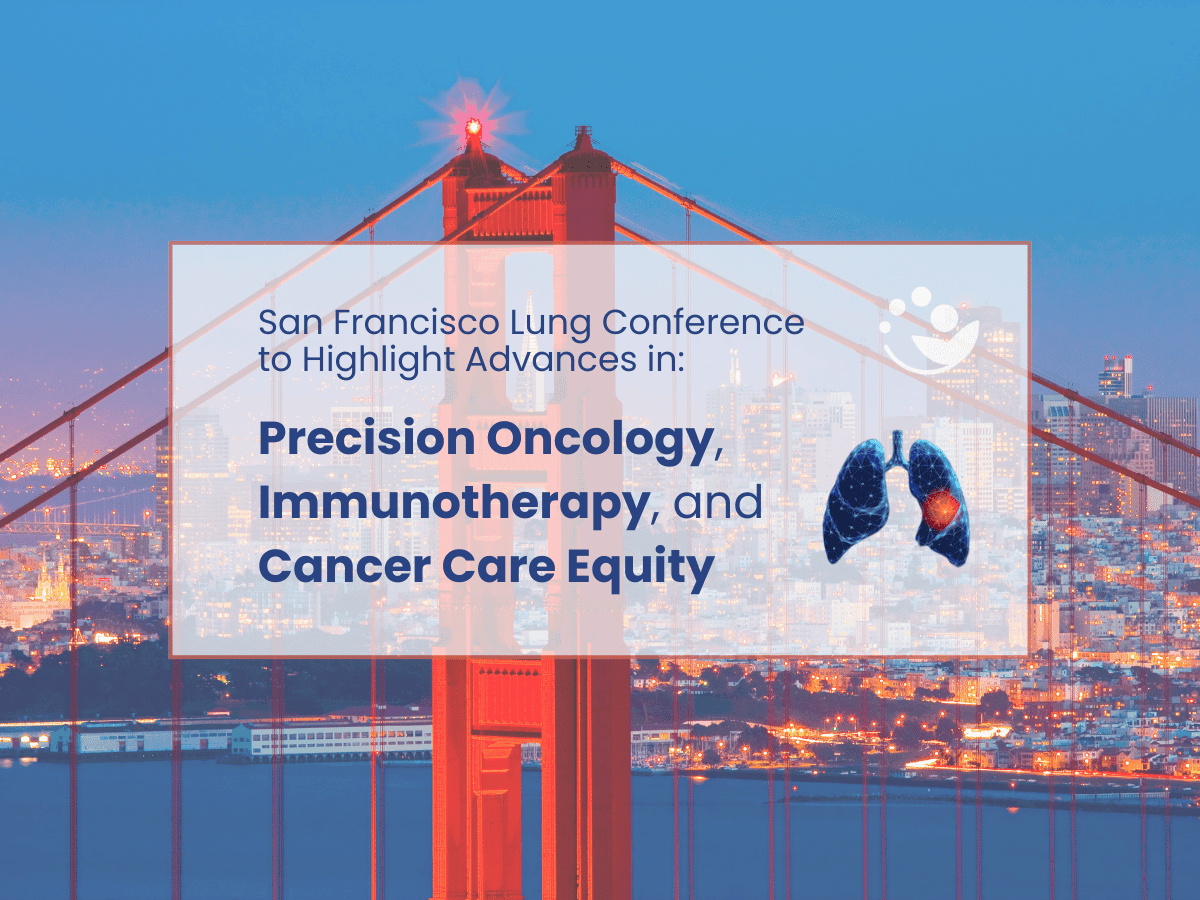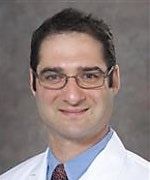San Francisco Lung Conference to Highlight Advances in Precision Oncology, Immunotherapy, and Cancer Care Equity

Author
Binaytara Team
Introduction
On May 16, 2025, Dr. Jonathan Riess, the Medical Director of Thoracic Oncology at UC Davis Comprehensive Cancer Center, will chair the San Francisco Lung Conference. Dr. Riess discussed the goal of the conference to advance knowledge in lung cancer care, with a focus on precision oncology, emerging immunotherapy treatments, and ongoing debates around controversial approaches. He discussed both the progress and remaining challenges in targeted therapies for EGFR mutations and underscored the essential role of clinical trials in driving innovation. Register for the conference here.
Highlights of the Interview
2025 San Francisco Lung Conference Overview
The conference will focus on key themes such as precision oncology, advances in immunotherapy and targeted therapies, and debates around complex or controversial treatment decisions, all aimed at helping healthcare professionals deliver the best possible care to patients.
Personalized Medicine and EGFR Mutations
Dr. Riess highlights that while significant progress has been made in targeted therapies for lung cancer, overcoming treatment resistance remains a major challenge. A key focus of the conference will be addressing these resistance mechanisms and exploring new therapeutic strategies.
Clinical Trials and Research
Dr. Riess discussed efforts at UC Davis to optimize lung cancer treatment by combining immunotherapy and targeted therapies.
The Interview
We met with Dr. Riess to discuss the goals of the San Francisco Lung Conference, the latest advancements in lung cancer, and improving lung cancer outcomes through awareness and access.
Question | Binaytara: How did you come to chair the San Francisco Lung Conference?
Answer | Dr. Riess: “The idea came from a conversation with Dr. Binay Shah. We wanted to find ways to share knowledge and bring people together to discuss how best to treat lung cancer, especially with the rapid evolution of precision oncology and immunotherapy.”
Q: What are some of the key themes that will be covered at the conference?
A: “The conference will focus on precision oncology, advances in immunotherapy and targeted therapies, and discussions around controversial or complex treatment decisions. We want to equip healthcare professionals with the most up-to-date information to optimally care for patients.”
Q: What is the current state of personalized medicine in lung cancer?
A: “We have made great strides in targeted therapies, but challenges remain, particularly around treatment resistance. One major theme of the conference is addressing how we can overcome resistance mechanisms to improve outcomes.”
Q: EGFR mutations are a recurring topic on the agenda. Why is that important?
A: “EGFR mutations represent a significant subset of lung cancer—about 15% nationally, and even more in Northern California due to demographics. These mutations are more common among women, Asians, and non-smokers. We urgently need more effective therapies, and there are promising new treatments we’re excited to discuss at the conference.”
Q: You have worked on a Phase 1 trial combining pembrolizumab and trametinib. Can you speak about the approach and what made it novel?
A: “The trial combined a MEK inhibitor with a PD-1 inhibitor, targeting KRAS-mutant non-small cell lung cancer, which accounts for about a quarter of all cases. While we closed the trial early due to the emergence of more effective direct KRAS inhibitors, the research helps lay the foundation for future studies combining those newer agents with immunotherapy.”
Q: What are some challenges you have faced in conducting clinical trials?
A: “Clinical trials are excellent options for patients, especially when a treatment is well-matched to a target mutation. But eligibility criteria can be restrictive, and side effects, especially in early-phase trials, are not always fully known. There are also logistical and financial challenges that can make participation difficult.”
Q: Are there disparities in lung cancer care that you see in your practice?
A: “Yes, absolutely. Access to molecular testing, advanced treatments, and clinical trials can be limited. Geography, insurance, and financial toxicity all play a role. Even managing side effects can be harder for patients without access to the right specialists or supportive resources.”
Q: Do you think enough progress has been made in lung cancer early detection and prevention?
A: "We have made some, but there is more that can be done. Increasing participation in lung cancer screening is crucial. We are also exploring complementary tools like blood-based tests to enhance early detection."
Q: What do you hope attendees will take away from the conference?
A: "I hope they walk away with a deeper understanding of the latest therapies in lung cancer, especially in precision oncology and immunotherapy, and build new connections with colleagues who are equally committed to improving patient care."
Register here to join us in San Francisco, California, and be part of the conversation on revolutionizing patient care and expanding access to innovative therapies for underserved communities. To participate and follow conversations online, use the hashtag #SFLung25.

About Dr. Jonathan Riess
Dr. Jonathan Riess is a board-certified oncologist specializing in lung cancer, head and neck cancers, and thoracic malignancies at UC Davis Health. A leader in clinical research, he focuses on novel therapies, immunotherapy, and precision medicine to improve patient outcomes. With extensive expertise in early-phase clinical trials, he is dedicated to advancing cutting-edge treatments. Dr. Riess earned his medical degree from UC San Diego, completed his fellowship at UCSF, and serves as an Associate Professor at UC Davis. Recognized for his compassionate care, he is committed to personalized, multidisciplinary cancer care.